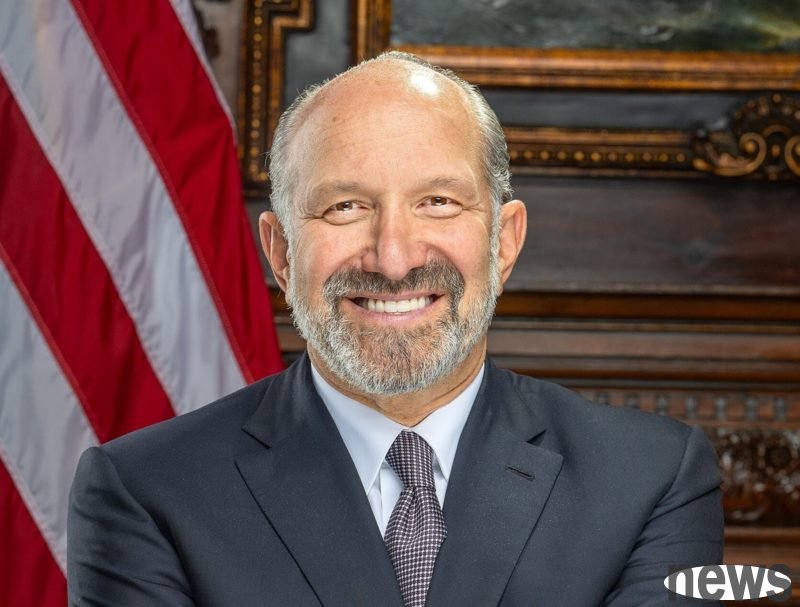
US Secretary of Commerce Howard Lutnick recently accepted a special interview. If Taiwan expects to obtain US protection, it must cut the chip production capacity from the US side. This statement shows the different views of the United States on the establishment of a silicon shield in Taiwan, and also highlights the strategic risks brought by the US's anxiety-related semiconductor production concentration in Taiwan.
Howard Lutnick reiterated during an interview with the US media NewsNation that the tax-related agreement between the US and Taiwan has arrived soon, and semiconductors are a question that is not open. Howard Lutnick is not to mention that semiconductor production is concentrated in Taiwan, which is a major strategic risk in the eyes of the United States. He claimed that 95% of the chips used in American mobile phones and cars are produced in Taiwan, but he said it was not good.
Howard Lutnick pointed out that Taiwan is 9,000 miles from the United States and only 80 miles from China. In particular, China has never concealed that their goal is to take Taiwan. Therefore, Taiwan’s “Silicon Shield” is not practical, and it is also doubted that when all semiconductors are produced remotely and rely on sea or air transportation, how should the United States protect Taiwan? Therefore, he proposed that the two-way production of the United States and Taiwan can be worth 50 points. Howard Lutnick said that this will ensure that the United States still has a certain degree of dependence on Taiwan, and that the other half can ensure that the United States can do what it must do.
However, the statement that Lutnik says Taiwan controls 95% of semiconductor production capacity, according to Tom’s Hardware's report, the actual situation may be out of the question. The report quoted a report released by the International Trade Commission of the United States two years ago, pointing out that although Taiwan plays a key role in high-level GPUs and CPUs, in the US market, Taiwan's export of memory and logical chips only account for 24% and 44% respectively.
In this regard, Bloomberg expert writer Karishma Vaswani wrote an article calling out that semiconductors are Taiwan’s most powerful weapon at the moment and should be used as a code for negotiations with other countries. Howard Lutnick stressed that since the United States, China, Japan and South Korea are discussing the dispersed semiconductor supply chain, Taiwan Power's leading position in scale and technology may be lost in the long run, so it is the best time to play chip cards.
However, although experts call for Taiwan to use chips as diplomatic weapons, recent actions have seem to be limited. It is Taiwan's recent move to counter South Africa's cooperation with China to suppress Taiwan, and announced on September 23 that it would restrict the export of most chips to South Africa. However, just two days later, Taiwan announced on September 25 that these measures would be temporarily eased. According to the Taiwan Ministry of Foreign Affairs, this is because South Africa has shown the intention to discuss the dispute. This made it difficult for Taiwan to use chips as counter-arm weapons, but soon there was a 180-degree correction, which made people feel like they were watching the flowers in the mist.
Regarding this short chip crossover, the BBC's analysis pointed out that Taiwan's semiconductor supply chain allies, such as Japan, also have businesses in South Africa and other places. If Taiwan bans the export of chips to South Africa, it may also affect the production of allies, turning this diplomatic war into a shock to the global semiconductor industry. Therefore, in the end, Taiwan suspended chip sanctions on South Africa. Among them, in addition to the force of actual situation, that is, South Africa suggests to handle metal raw materials that are indispensable to semiconductors, other diplomatic considerations also account for a large part.